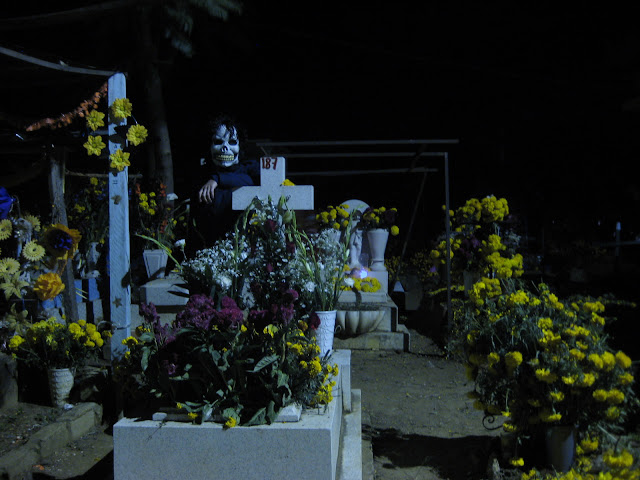Here lies one whose name was writ in water.
It is truly an idyllic spot, and the surrealism of the rich grey pyramid evokes further the scene of some ruined elysium conceived in the mind of Piranesi.
Indeed, Severn wrote in a letter that he came to visit Keats only to find a shepherd asleep, “his head resting against the gravestone, his dog and flock of sheep about him, with the full moon rising beyond the Pyramid of Caius Cestius. One long moonbeam stole past the Pyramid and illumined the outline of the young shepherd’s face.”Keats’ grave doesn’t record his name, which is only revealed on Severn’s grave adjacent. On Keats’ tombstone is engraved a lyre only half-strung; his poetic voice perpetually incomplete. The dedication is to "A young English poet". Below, the epitaph reads “Here lies one whose name was writ in water”. This monumentally touching grave is a colossal act of self-denial. Its power comes from here, from Keats' knowing subsumption from the individual to the undivided. In death we can no longer hide the subtle communion we are always taking with the world, a communion Keats in life had the art to describe. Unfortunately not everyone can appreciate that great power can come from great subtlety, and Keats’ subdued relinquishment of selfhood does not pass without comment. Nearby can be found a Victorian acrostic attempting to redress the ingloriousness of Keats’ epitaph through a kind of hyper-Keatsian overdone romanticism: “…if thy name be writ in water, each drop has fallen from a mourner’s cheek…” and so on. Keats follows introspection to the point of vanishing into the totality of life, beauty and reflection from which he had hardly felt separated. He was not afraid of this self-knowing doom and did not see it as a weakness that needed bolstering. Unfortunately the commissioner or author of this doggerel could not let Keats' silence be the last word. In case the visiting pilgrim was in any doubt, we are informed that Keats is “Not honoured less for Epitaph so meek!” Not everything that it true needs to be said.








No comments:
Post a Comment